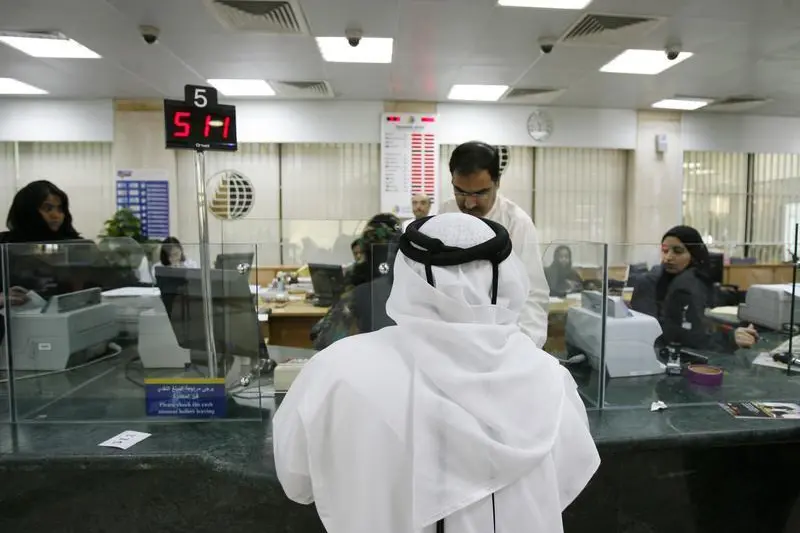PHOTO
Saturday, Sep 24, 2016
Dubai: Residents seeking financial help to pay their medical bills have been advised to approach registered charity organisations for help instead of soliciting donations from the general public.
To avoid unintentionally violating a charity law by going public with appeals for funds, residents in difficult situations should visit a registered charity in Dubai that will evaluate cases based on the urgency of the situation and ensure the person in need receives necessary help, charity officials said.
Mohammad Abdullah Al Haj Al Zarouni, Head of Emirates Red Crescent’s (ERC) Dubai branch, said residents facing financial troubles are not legally permitted to resort to fund-raising campaigns aimed at reaching a wider audience without coordinating with an authorised charity and receiving a written approval from the Islamic Affairs and Charitable Activities Department (IACAD)
However, he clarified that in individual cases where people voluntarily approach a family in need or a patient based on grounds of compassion, then such gestures are not deemed to be a violation of the law. The person receiving donations in such a scenario will not be held liable for accepting the money.
Making donations is also not a violation of the law, as the law regulates the way funds are collected and not donations made to others in one’s personal capacity.
“When we receive a case that requires humanitarian assistance, we open a file for that case and study it thoroughly before deciding how we can provide help or collect donations for this particular case. Depending on the case, we would provide financial help or even get in touch with other charities to also support the case,” he said.
Al Zarouni said that requests to charities range from cases where people are unable to afford medical treatment or are facing distress due to mounting hospital bills, inability to pay rent or other financial problems. When a charity on its own is unable to help someone with the entire amount, especially when it is too high, other charities and donors can contribute, he added.
“We are in the position to also help a person gather donations for treatment, but that person needs to already have a file open with a charity authorised by IACAD. We are open to receiving funds for that particular case until the amount needed is collected.”
The charity with an approval from IACAD to support the case can also help the patient raise the needed amount from various donors in the UAE.
“It is not difficult to gather donations for someone in need in the UAE. People in the UAE are compassionate and are always ready to help others. In one case, it took just four days to collect Dh800,000 for a person in need through Emirates Red Crescent.”
Explaining what constitutes a violation of the charity law, a spokesperson from IACAD told Gulf News that a family or an individual in need who is likely to receive help from a neighbour, friend, relative, or someone they know doesn’t put them at risk of violating the law.
“People accepting donations directly through the circle of people they know do not have to worry. It is only when individuals take up an initiative to invite people to donate for someone or announce it publicly and promote the collection of donations to reach a wider audience, that’s when it constitutes breaking of the law. When donations are being raised within a home between the family and not made public, that is a personal matter in which the IACAD will not interfere.”
People also need not worry about making donations to others in any case, as it is the fund-raising process alone that the law seeks to regulate and not donations made by individuals, he said. “People do not violate this law if they make a donation. This is a decision they can take on their own without needing an approval, but they need to make sure their money goes to the right people. It is the fund-raising process that the law regulates.”
What penalties violations entail
Decree No 9 of 2015 issued by His Highness Shaikh Mohammad Bin Rashid Al Maktoum, Vice-President and Prime Minister of the UAE and Ruler of Dubai, prohibits collecting donations or advertising of fund-raising campaigns through any form of media without obtaining prior written approval from the IACAD. Violation of the law could result in two months to one year in jail and a fine ranging from Dh5,000 to Dh100,000 depending on the court’s ruling.
Gulf News had previously reported that individuals and organisations wanting to carry out a fund-raising event for a good cause should first approach a registered charity authorised by the IACAD and place their request to them to get due approval.
by Mary Achkhanian Staff Reporter
Gulf News 2016. All rights reserved.





















